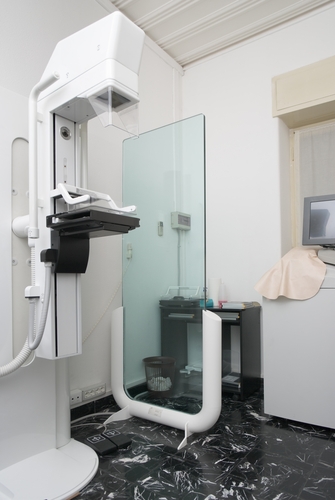Mammography has become one of the most discussed issues in health care in recent years, as radiologists look at new ways to conduct effective breast cancer screenings. The medical imaging industry has begun a shift towards digital rather than film-screen scans, as they can provide more comprehensive results for physicians and their patients.
According to AuntMinnie.com, a recent study published in the journal Radiology suggested that digital mammography causes less harm to women due to a decrease in overdiagnosis and unnecessary biopsies. This screening method also results in lower instances of recalls for patients.
Led by Solveig Hofvind, Ph.D., from the Cancer Registry of Norway, the researchers analyzed the impact of transitioning to digital imaging scans by examining the rates of cases, recalls, screen-detected cancers and interval cancers before, during and after the shift.
Reviewing population-based studies
The team of researchers compared the accuracy of film-screen mammography and full-field digital mammography, finding that they reported conflicting results, especially with varying recall rates for patients.
"We hypothesized that FFDM would be associated with a lower recall rate, a higher rate of screening-detected cancer, and a lower interval cancer rate," wrote Hofvind, quoted by AuntMinnie.com.
Using data from the Norwegian Breast Cancer Screening Program, Hofvind and her team review more than 1.8 million screening exams that were performed between 1996 and 2010. The median age of patients during the screenings was 58. The results showed that the overall recall rate for film-screen mammography was 3.4 percent, while full-field digital mammography was 2.9 percent. In comparison, the biopsy rate for FSM was 1.4 percent and 1.1 percent for FFDM.
Over the 14-year period, more than 10,000 screening-detected cancers were diagnosed, with 8,325 being invasive breast cancers and 1,778 being ductal carcinoma in situ. According to Medical Xpress, the rates of invasive screening-detected and interval breast cancer both remained stable during the transition from FSM to FFDM, as well as after FFDM had been established. Following the full adoption of the advanced medical imaging, the positive predictive value of recalled examinations and biopsies increased from 19.3 and 48.3 percent to 22.7 and 57.5 percent, respectively.
The findings from the Norwegian study underscore the importance of studying the transitional phase of adopting new diagnostic imaging technology and leveraging the resulting metrics in order to properly interpret the performance measures for full-field digital mammography.
Ronny Bachrach
Latest posts by Ronny Bachrach (see all)
- Konica Minolta Debuts First-of-Its-Kind Digital U-Arm System at AHRA - July 27, 2016
- Researchers Detect Signs Of Stroke Risk Using MRI - June 27, 2016
- Imaging Biz: Q&A with David S. Channin MD: How to Make PACS Patient Centered - June 22, 2016






